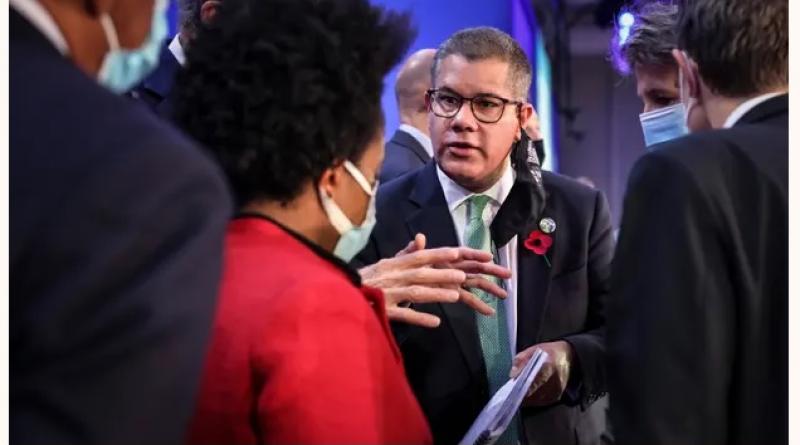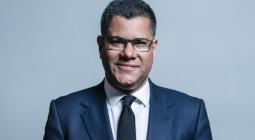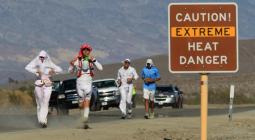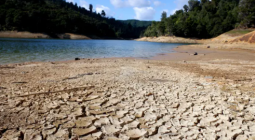Cop26 kept the world’s 1.5C limit in reach – now we will steer it over the line Alok Sharma

The Glasgow climate pact is something all parties can be proud of, but the work of the UK’s presidency is just beginning
By any measure, the Glasgow climate pact signed at Cop26 is a historic agreement. It was the result of two years of marathon work, and a two-week sprint of negotiations, but we achieved what we wanted. We can credibly say that we kept the goal of limiting global warming to 1.5C above pre-industrial levels in reach.
And besides that, we have won historic commitments from countries to act on coal, cars, cash and trees. These are valuable agreements that begin to fill in the details of how we will navigate this immense, worldwide challenge.
Cop26 was the biggest political gathering of any kind ever held in the UK. Glasgow hosted representatives from 194 countries, and 120 world leaders, with 38,000 accredited delegates attending.
From outside, the negotiations may have appeared incredibly technocratic. But they were so much more than that. They were ultimately about protecting the lives and livelihoods of those on the frontline of the climate crisis. And protecting future generations who, if we fail, will be condemned to live in a dangerous, uncertain and depleted world.
Science tells us that the world is already on average 1.1C warmer than in pre-industrial times, and many millions of people are already suffering from the acute effects of a changing climate. Extreme weather is on the rise across the world and climate change does not recognise national borders.
Ultimately, the Glasgow climate pact is an outcome of which all parties can be proud.
The cooperation we have seen in this process should give the world hope. In a world of fractured global politics, countries have shown a unity of purpose on the issue of climate.
Yes, there were difficulties with these negotiations, particularly in the final hours when an agreement looked in real jeopardy. But overall we saw a willingness from countries to compromise. There was growth in trust between nations, and a genuine determination to reach agreement.
Driven by the latest science, our pact recognises the gulf between where countries are on emissions reductions and where we need to be. It emphasises the urgent need for faster action. It commits countries to revisit and strengthen their 2030 emissions reductions targets and develop mid-century net-zero strategies in 2022.
The pact makes progress on adaptation, finance, and loss and damage resulting from the climate crisis. And, for the first time, it commits to a plan to move away from coal power and inefficient fossil-fuel subsidies.
After six years of wrangling, Cop26 also finalised the outstanding elements of the Paris rulebook – the rules governing the Paris agreement – the resolution of which will unleash its full potential.
Outside the negotiating halls, we welcomed commitments that speed up the move to clean power and clean cars, that put the brakes on deforestation, and that increase the finance flowing to climate action.
We can count an $8.5bn (£6.3bn) Just Energy Transition Partnership with South Africa; manufacturers representing around a third of the global car market committing to ending the sale of polluting vehicles; a pledge from countries home to more than 90% of the world’s forests to halt and reverse forest loss and land degradation; and the highest single mobilisation to the Adaptation Fund, which supports climate-vulnerable communities. I could go on.
With so many positive announcements, it could be tempting to become complacent. But this would be a mistake. The 1.5C limit lives. We brought it back from the brink. But its pulse remains weak. We must steer it to safety by ensuring countries deliver on the promises they have made, and on the expectations set out in this pact to increase climate ambition to 2030 and beyond.
And this is why the UK’s work as the Cop26 presidency is really only just beginning. Over the course of the next year, we will work with countries, urging them to take action and honour their promises. There is no formal policing process in the UN framework convention on climate change system, and so we must keep up the constructive pressure, and build on the trust and goodwill generated through Cop26.
Because the world has now shown that it can work together to accelerate the pace of change.
And markets are falling into line, with the value of shares in coal firms around the world dropping since we sent a signal that coal is no longer king.
We must grasp this moment. We know what we need to do. The world must now step up and take the fight forwards on finance, on adaptation, and on 1.5C.
At the outset of the conference, the activist Brianna Fruean of Samoa told us “2C could mean the end. 1.5C could mean a fighting chance”. So many others like Brianna came to Cop to tell world leaders what climate change means for them. We owe it to all of them to deliver what we agreed in Glasgow.
-
Alok Sharma is president of Cop26 and the Conservative MP for Reading West




